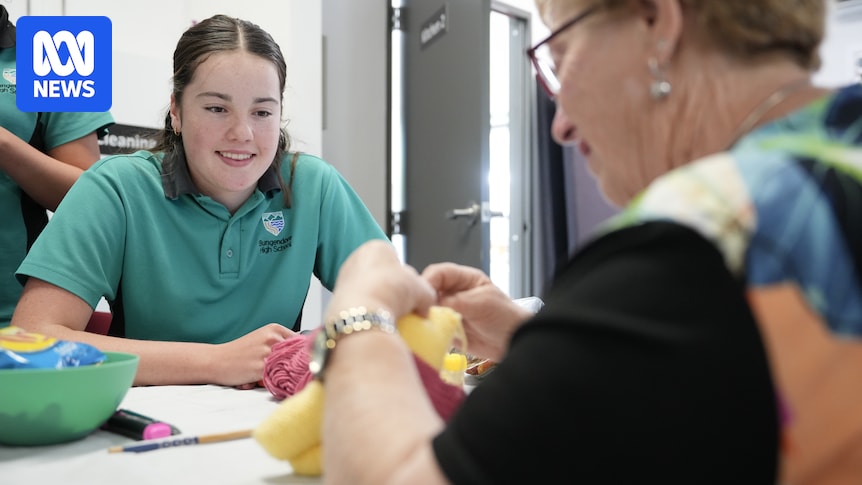It’s a Thursday afternoon and there’s a buzz coming from a community hall in the town of Bungendore, about 30 minutes from Canberra.
At this time every week, students from the local high school and older members of the community meet here to…

It’s a Thursday afternoon and there’s a buzz coming from a community hall in the town of Bungendore, about 30 minutes from Canberra.
At this time every week, students from the local high school and older members of the community meet here to…